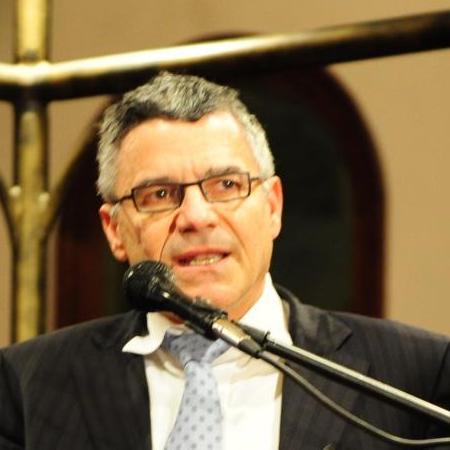Faculty Spotlight: Bioethicist Dr. John Loike
Touro Professor on Medicine’s Next Frontier—Balancing What’s Possible with What’s Ethical

Dr. Loike is a bioethicist and professor of biology at Touro College. He recently published an article in Maimonides Medical Journal on the Jewish View of Biotechnology. In this Q&A, he explains biotechnology basics and the ethical issues surrounding these advances.
What is biotechnology?
Biotechnology is the manipulation of biological systems to develop technologies and products that help improve our lives and the health of our planet. Stem cell technology offers a wonderful example that will impact the future of organ transplants by providing a greater supply of human organs.
Biotechnology actually relies upon several other scientific fields. For example, scientists use genetic engineering methods to modify existing organisms by changing the genetic materials in them. For example, in the USA, most of the corn we produced is genetically modified to improve its nutritional value and require less use of pesticides. We also apply bioengineering principles and concepts of design and analysis to biological systems and biomedical technologies. New areas in reproductive medicine such as mitochondrial replacement therapy allow women with mitochondrial based diseases to have healthy children.
Aren’t there ethical issues involved?
There are some ethical concerns regarding these biotechnologies. For example, will society limit the use of biotechnologies only for curing disease, or will people begin to use these technologies for non-medical purposes? Concerns about “designer babies” such as those with particular facial structures/eye or hair color, height or enhanced intelligence has worried people since the days of the original Star Trek episode, the “Wrath of Khan.”
In Judaism, the high value we place on curing the sick allows us to engage in technologies even when they are risky.
Are scientists playing God?
I do not believe so. Great rabbinical thinkers from Nachmanides to Rabbi Joseph Soloveitchik wrote that God created an incomplete world in which human beings must utilize their creative capacities to complete the creation process. In other words, God directed human beings to partner with Him to finish the creation process.
What are you most excited about for the future of biotechnology?
I believe gene editing is the most exciting new technology discovered in the past few years. To date, there are over 10,000 gene mutations that cause disease. Once we work out some of the problems and risks, we could have the capacity to alter mutated genes in people to cure them of previously incurable genetic diseases. For example, we have the capacity to cure patients with hemophilia using this technology.
The other opportunity I see on the horizon is using stem cell technology to fight disease, to regenerate cells that have died and to create new opportunities in organ transplantation. We have the basic technology to allow most of the people on organ waiting lists to receive the kidneys, livers, or lungs they may need to survive.

